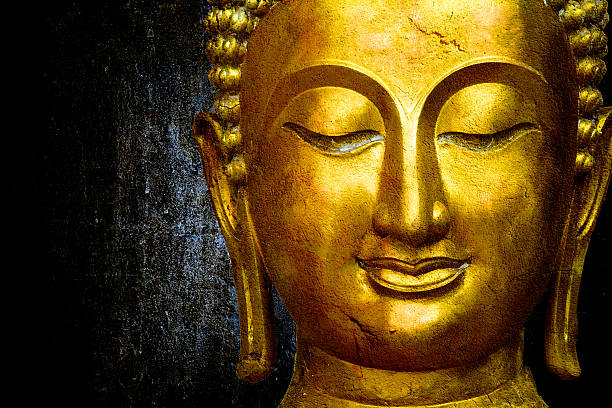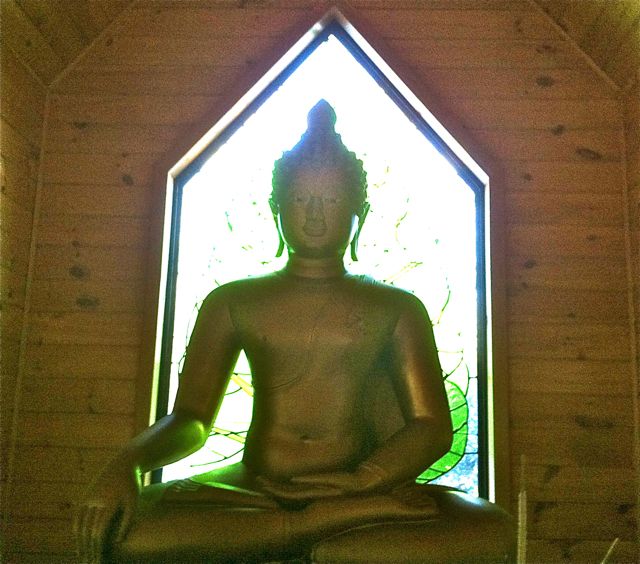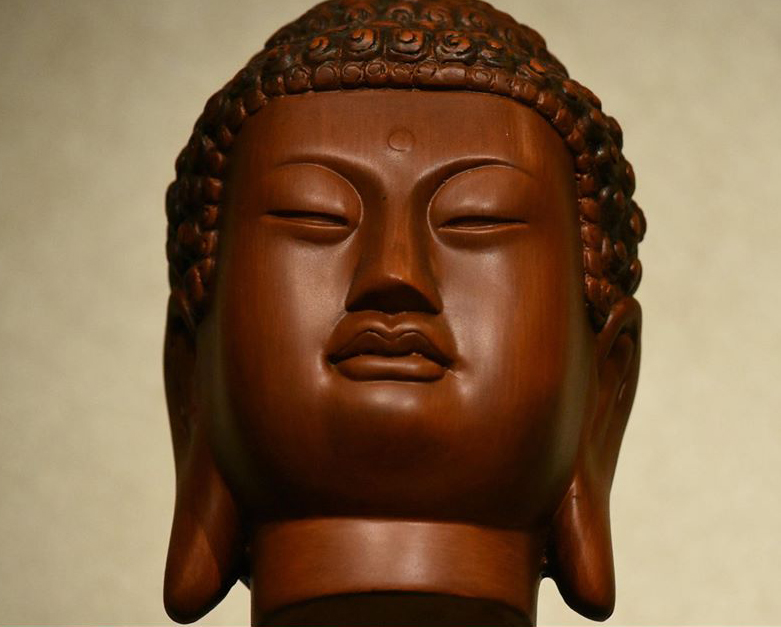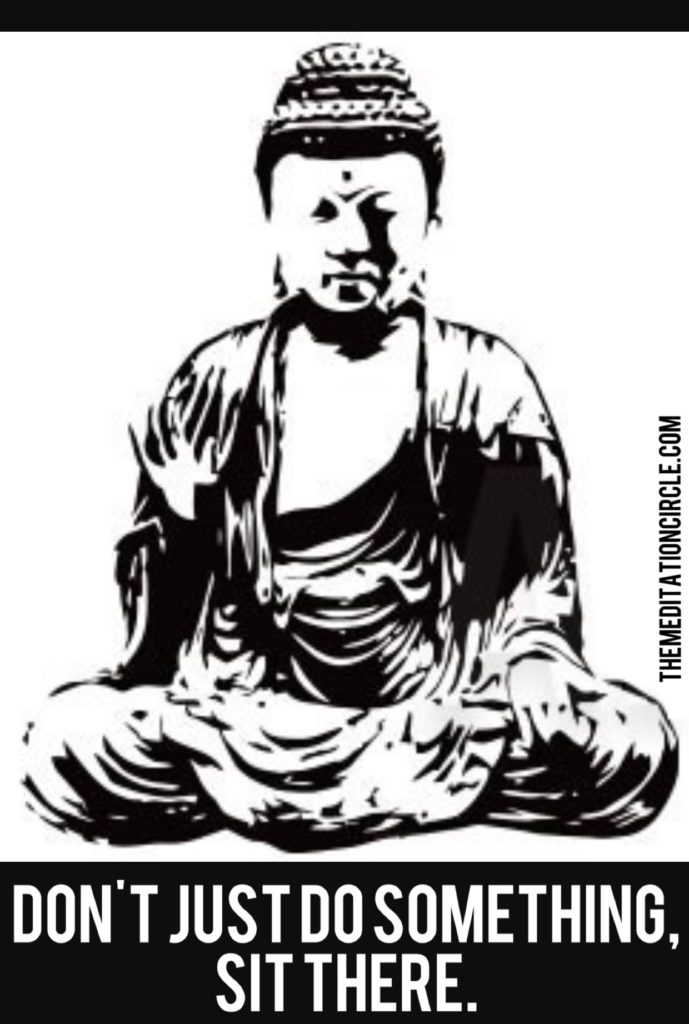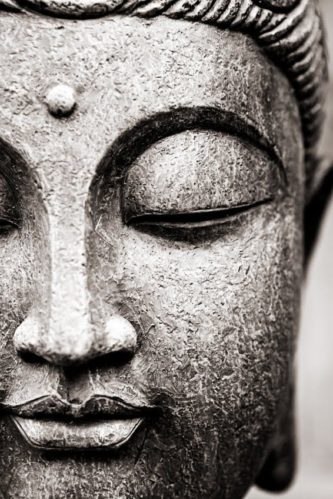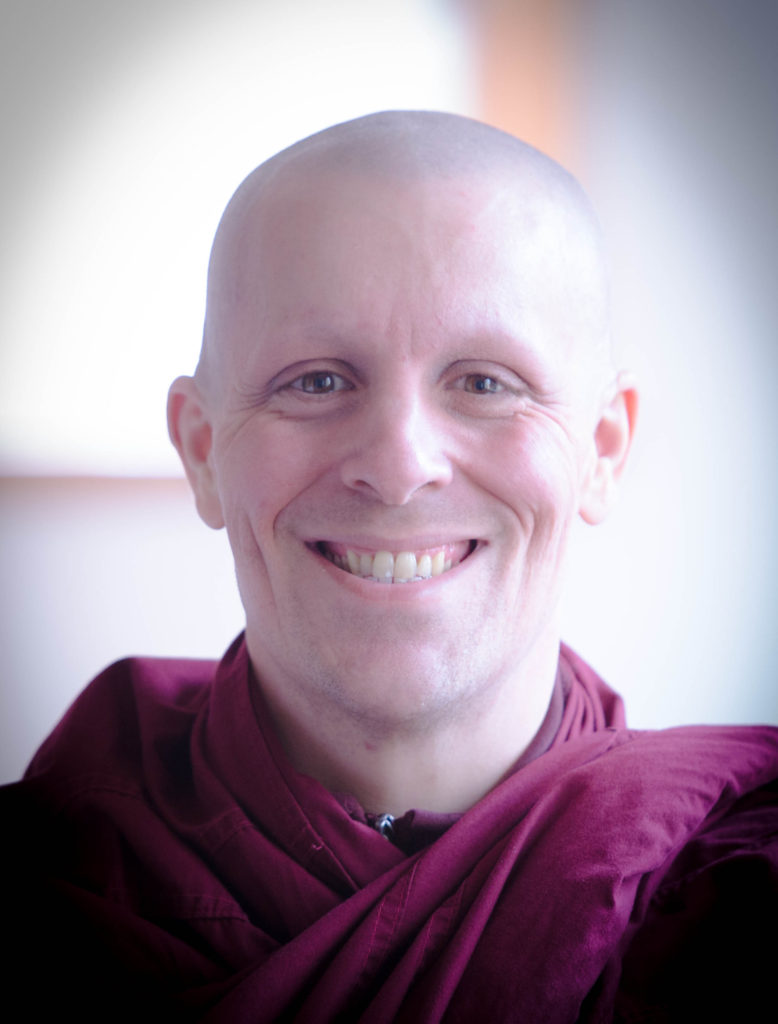
PLEASE NOTE: The Saturday, May 27 day retreat with Bhante J is full-up.
We are glad to announce a visit to Charleston and Huntington, W.Va., by the Theravadan Buddhist monk Bhikkhu Jayasara (Bhante J) on Friday, May 26; Saturday May 27; and Sunday, May 28.
Below is the schedule for his visit. We encourage folks who have a meditation practice to sign up early for the Saturday day-retreat as space is limited at the PeaceTree Center for Wellness and we will be limiting registration to the first 30 people who sign up through EventBrite, in order not to overwhelm the room. There is also a sign-up for the Studio 8 meditation on Sunday, May 28 because of the size of the room.
+ + +
FRIDAY, May 26: ‘Mindfulness in Daily Living’
LOCATION: Unity of Kanawha Valley, 804 Myrtle Rd., Charleston, W.Va.
TIME: 6 to 7:30 p.m.
DETAILS: Bhante J will speak on bringing more mindfulness and awareness into our daily lives and then take questions.
+ + +
SATURDAY, May 27: Silent Day Retreat: Deepening Your Meditation Practice/Dealing with the Restless Mind
LOCATION: PeaceTree Center for Wellness, 5930 Mahood Dr., Huntington, W.Va.
WHEN: Morning Session: 9 a.m. to 11 a.m.
Lunch break: 11:15 a.m. to 12:30 p.m. (Vegetarian Lunch provided.)
Afternoon Session: 1 to 4 p.m.
DETAILS: This will be a silent retreat with several sessions of guided and quiet sitting meditation, with a chance to ask questions during the retreat. Cushions and chairs will be available and you are welcome to bring your own cushion. Because of space limitations, the retreat will be limited to the first 30 people who sign up. Some experience with quiet sitting meditation is encouraged though not required.
SIGN UP: This retreat is full-up.
+ + +
SUNDAY, May 28: Meditation & Dhamma Talk
LOCATION: Studio 8 Yoga and Wellness, 803 8th Ave, Huntington, WV 25701
TIME: 12:30 to 2 p.m.
DETAILS: Bhante J will give a Dhamma talk and lead a meditation
SIGN UP: Click on this link to register for this Dhamma talk and meditation.
+ + +
More on Bhante J:
Bhikkhu Jayasāra (“Bhante J”) is an American-born Buddhist monastic who currently resides at Bhavana Society of West Virginia near High View, W.Va. He was born in 1978 and raised Catholic. He came to Buddhism in his late 20s and officially took refuge and precepts to become a practicing Buddhist lay disciple on Vesak in 2008. In 2011 he took the Eight Lifetime Precepts with Bhante Gunaratana and was given the name Jayantha.
By this point the practice had instilled in him a desire to become a monastic. Bhante J began to regularly attend retreats and weekend visits to Bhavana and learned all he could about the monastic life. He began living at Bhavana Society in September 2014, became an Anagarika (postulant) in March 2015, became a Sāmaṇera (novice monk) in October of 2015, and a Bhikkhu (fully ordained monk) in October 2016
+ + +
For more on Bhante J, visit his personal blog at:
bhikkhujayasara.wordpress.com
For more on the PeaceTree Center for Wellness, visit this link. PeaceTree is a growing wellness development and training center. It is designed to connect individuals, families, and communities to activities that support our mission and vision of peace, wellness, and hope.

